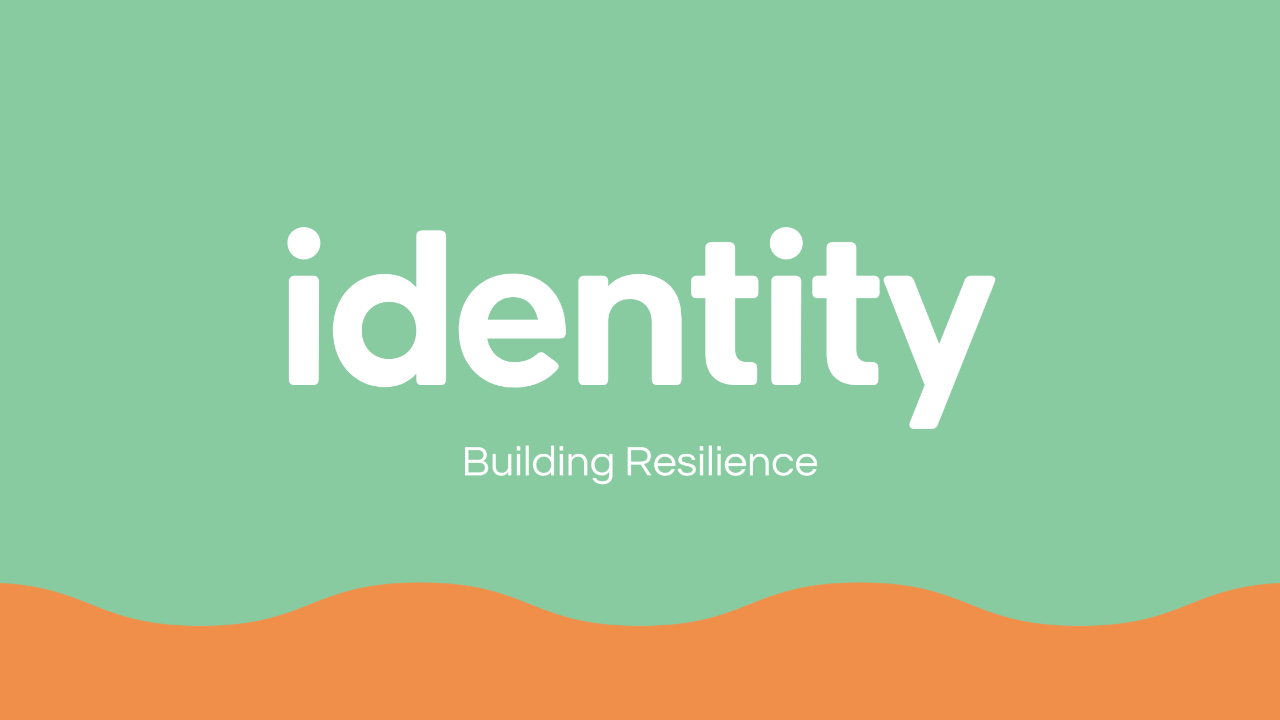Building Resilience
Oct 16, 2023
In today's world, adversity is inevitable. Resilience is a vital quality that can make a significant difference in your child's life. Resilience is built through resistance; we often inadvertently shield our kids from negative experiences. However, research shows that talking to children about their identities is a powerful way to help them develop resilience. By reinforcing their identity as conquerors and overcomers, we equip them to face life's challenges head-on.
- Resilience Storytime: Set aside time for "Resilience Storytime" with your child. Choose a book or story that features characters facing challenges and overcoming them. After reading the story, discuss the characters' resilience with your child. Encourage them to share their experiences of facing difficulties and how they can apply the lessons from the story to their lives. This activity helps children understand that setbacks are a part of life and that they have the inner strength to overcome them.
- Resilience Journal: Create a "Resilience Journal" with your child. In this journal, encourage them to write or draw about challenging situations they've encountered and how they managed to bounce back. Prompt them to reflect on what they learned from these experiences and how it made them stronger. You can also share your own resilience stories in the journal. Over time, this journal will serve as a tangible reminder of their ability to overcome adversity.
- Resilience Challenges: Challenge your child to set and achieve small goals that require resilience. These could be tasks like learning a new skill, completing a puzzle, or participating in a physical activity. Encourage them to persist even when faced with obstacles or setbacks. As they accomplish these challenges, praise their efforts and highlight their resilience. This activity reinforces the idea that resilience is a skill that can be developed through practice.
By engaging in these activities, kids can better understand resilience and gain practical experience in facing and overcoming challenges. Creating a supportive environment where they feel safe sharing their thoughts and emotions is essential while building this valuable life skill.